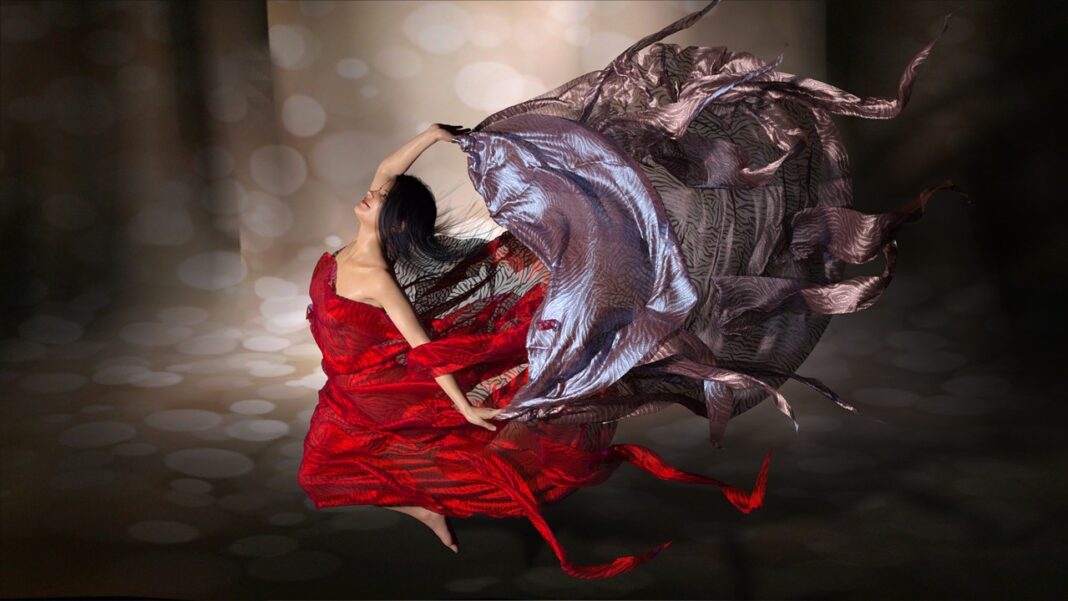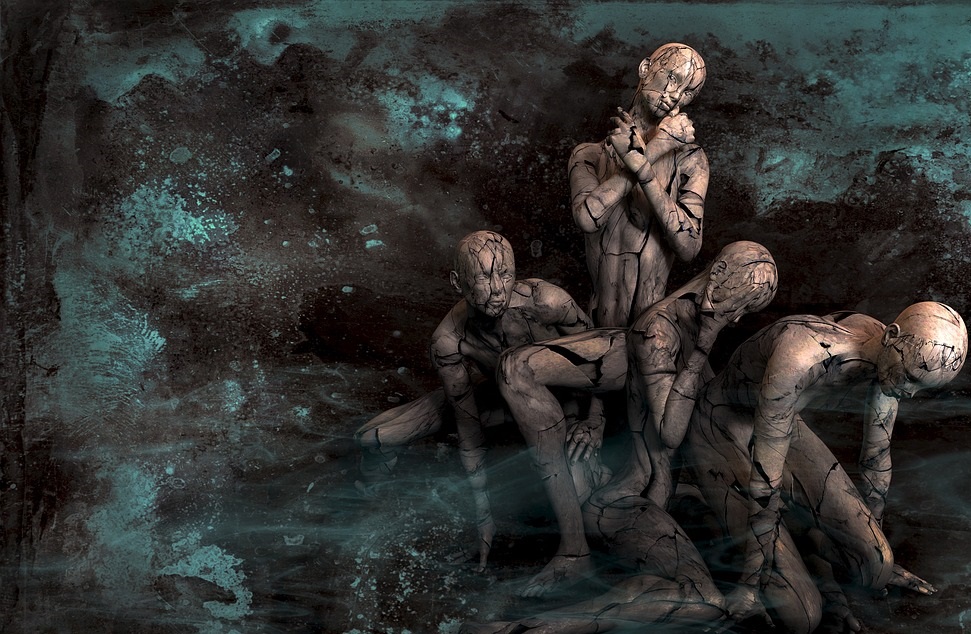Table of Contents
What are Liberal Arts
The Oxford Dictionary defines Liberal Arts as “arts subjects such as literature and history, as distinct from science and technology.”
The liberal arts umbrella generally covers the following fields:
- Social sciences – includes history, psychology, law, sociology, politics, gender studies, anthropology, economics, geography, business informatics, etc.
- Humanities – includes art, literature, linguistics, philosophy, religion, ethics, modern foreign languages, music, theater, speech, classical languages (Latin/Greek), etc.
- Formal sciences – includes mathematics, logic, statistics, etc.
- Natural sciences – include astronomy, biology, chemistry, physics, botany, archaeology, zoology, geology, Earth sciences, etc.
Career and Earning Potential
Job Roles for Bachelor in Liberal Arts graduates include Economist, archaeologist, socialist writer, teacher, etc. Graduates who studied linguistics or foreign languages may find work with international companies as translators, transcribers, or proofreaders.
Individuals who pursue the social sciences may find work with health organizations as researchers or consultants. Students who focused on history and culture may find valuable employment as cultural liaisons for companies that conduct international business.
According to the most recent salary survey published by the National Association of Colleges and Employers (NACE), average starting salaries for liberal arts majors have risen to about $40,000 annually.
Salary packages for liberal art graduates average around $ $62,696 in the US and £31,500 in the UK.
Bachelor In Liberal Arts – Academic Pathway
Liberal arts generally comprises three areas: sciences, arts, and humanities. Academic disciplines such as philosophy, logic, linguistics, literature, history, political science, sociology, and psychology are considered core.
The ‘Liberal Arts’ go back to the Ancient Greeks, where a solid grasp of Liberal Arts education was considered the ultimate mark of a learned person. The traditional liberal arts education aimed to produce a virtuous and ethical person, knowledgeable in many fields, and highly articulate.
Modern liberal arts curriculums allow students to study an extensive range of subjects. A Bachelor in liberal arts degree includes studying history, literature, writing, philosophy, sociology, psychology, creative arts, and more. They still retain the core aims of the traditional liberal arts curricula: to develop well-rounded individuals with general knowledge of a wide range of subjects and skills.
There are hundreds of dedicated liberal arts colleges in the US, with even more institutions offering a liberal arts program alongside other options.
Some universities in the US now offer a one-year associate’s degree in liberal arts. The standard duration for a bachelor in liberal arts degree is over four years of full-time study. Students earn either a BA or a BSc and progress to either a graduate school or a professional school.
Certificates / Short Courses
Certificate programs can be undertaken either before or after the bachelor’s degree to expand knowledge and strengthen one’s professional portfolio. Certifications are easier to acquire, as most of them are online. They allow students to explore new options and broaden their portfolio.
There are hundreds of options available in this category. Some examples of such courses are listed below.
- A 3-week short course, ‘The Rhetorics of Science, Culture, and Research’, is an online course at Stanford University, USA. It aims at Exploring new modes of written and oral communication and costs about $5000.
- Coursera offers photography Basics and Beyond: From Smartphone to DSLR Specialization in partnership with Michigan State University. The duration of the course is six months.
- Radical Imaginations: Race, Representation, and Diversity in Theatre and the Arts at Aarhus University, Denmark, is a (full-time) 3-week short course, it costs EUR 1,373.
Bachelor in Liberal Arts
Each bachelor in liberal arts program details vary depending on the schools, departments, and academic interest areas. Required courses, electives, and minor concentrations available to students differ from school to school.
A Bachelor in liberal arts degree provides students with general employability skills, such as persuasive writing and speaking, critical thinking, problem-solving, and information literacy.
People studying liberal arts acquire skills in the humanities, social sciences, creative arts, and sciences. The degree program is meant to equip students with essential tools for developing the ability to produce original thoughts and arguments and engage critically with complex issues facing our world today.
Top schools for Arts and humanities include Oxford University and Cambridge University, UK. Harvard University, Yale, and Princeton University USA. The University of Tokyo, Japan ranks 12th in the top 20 universities for Arts and Humanities.
- Oxford’s humanities division includes music, history, classics, theology and religion, and English language and literature. Students can also study joint honors programs such as Philosophy and Theology, and Archaeology and Anthropology.
- At Cambridge University, The School of Arts and Humanities teaches various subjects, from Asian and Middle Eastern studies to art history.
- Arts Studies and Curatorial Practices program at Tokyo University, Japan, focuses on three core areas of specialization to study the relationship between the arts and society.
Credit Hours / Work Load
In the US, Students usually need to earn around 120 credits to graduate. There are multiple options for a Bachelor’s degree in liberal Arts; both full-time and part-time programs are available.
Full-time students often complete the credit requirements in four years. Enrolling part-time is ideally the best fit for working professionals or students with multiple responsibilities. However, a part-time program will take longer than four years.
Some schools offer accelerated programs that enable you to finish the coursework in less time.
Fee Structure
The National Center for Education Statistics indicated that the national annual average for undergraduate tuition is around $17,000 at public institutions, $43,000 at private nonprofit institutions, and $24,000 at private for-profit institutions.
The fee structure varies from school to school. In the UK, the annual fees for a BFA degree are £9,250 (for UK residents) and £20,400 (for international students).
Masters and Post Graduate.
Attaining a post-graduate degree often allows many students to expand both their academic and career horizons.
- MSc in Literature and Arts (Oxford) is a two-year, part-time MS degree in interdisciplinary studies in literature and arts. The annual tuition cost is £7,311 for UK residents and £11,466 for Overseas students.
- The Liberal Arts Division at Rhodes Island School of Design also offers two master’s programs for graduate-level scholars. The one and half year Master of Arts programs in Global Arts and Cultures and Nature–Culture–Sustainability Studies are for students interested in conducting advanced research at the intersection of the humanities, social sciences and art, and design practices.
These programs’ total duration varies with each program and university, but students can complete most master’s degree programs in fewer than three years. The length of a Ph.D. in Liberal Arts program is usually three to four years.
Read also: Bachelor in fine arts


















